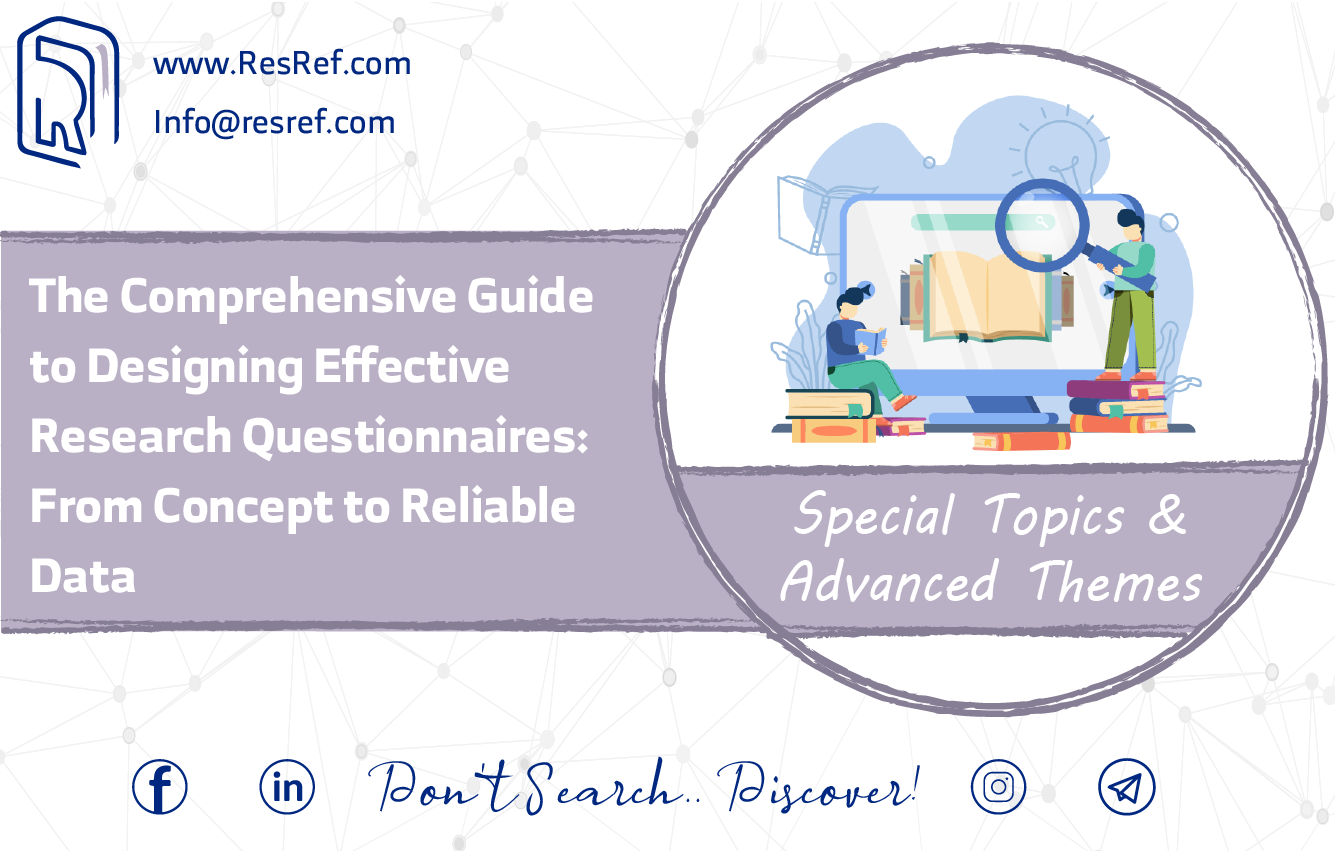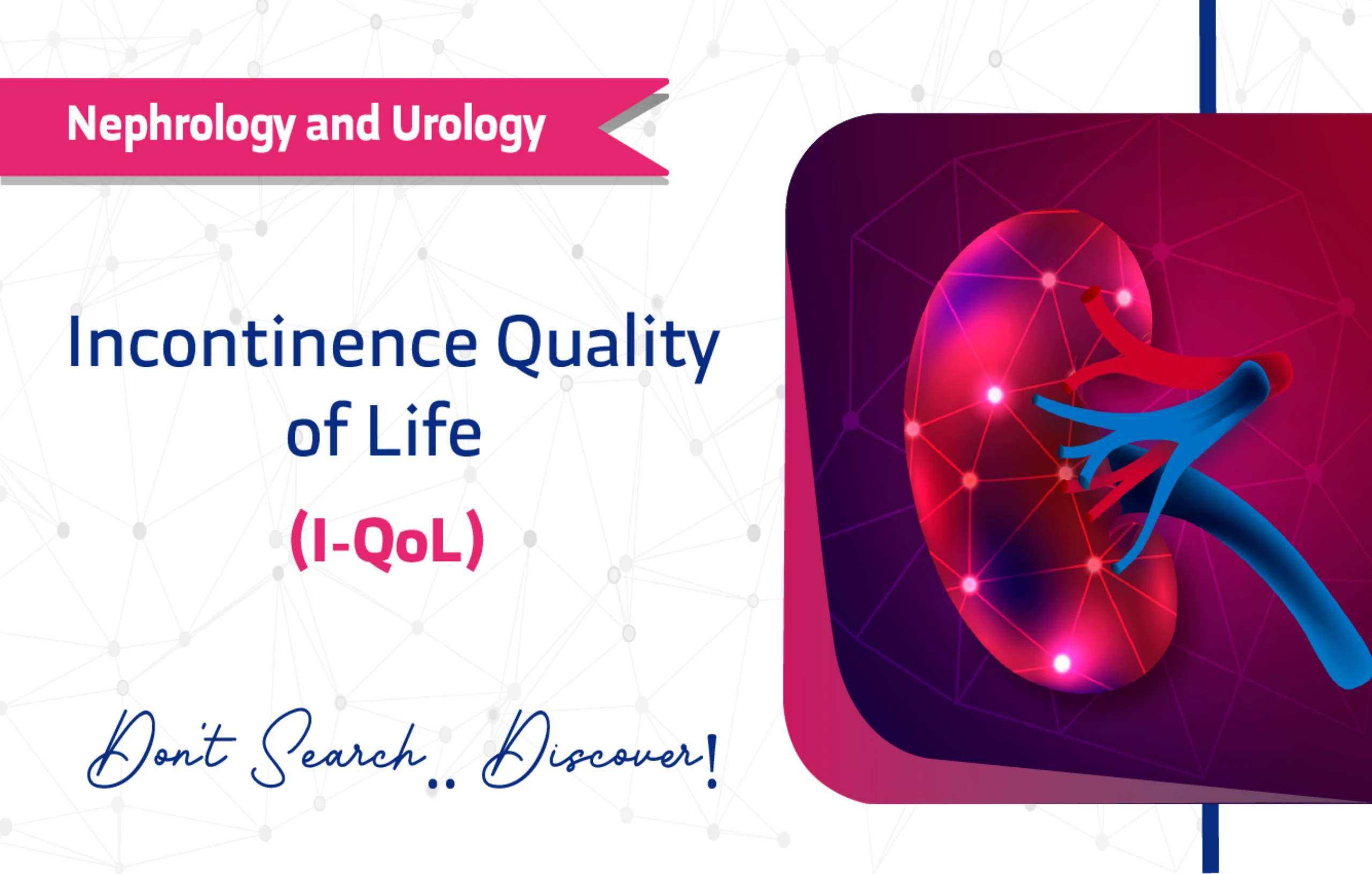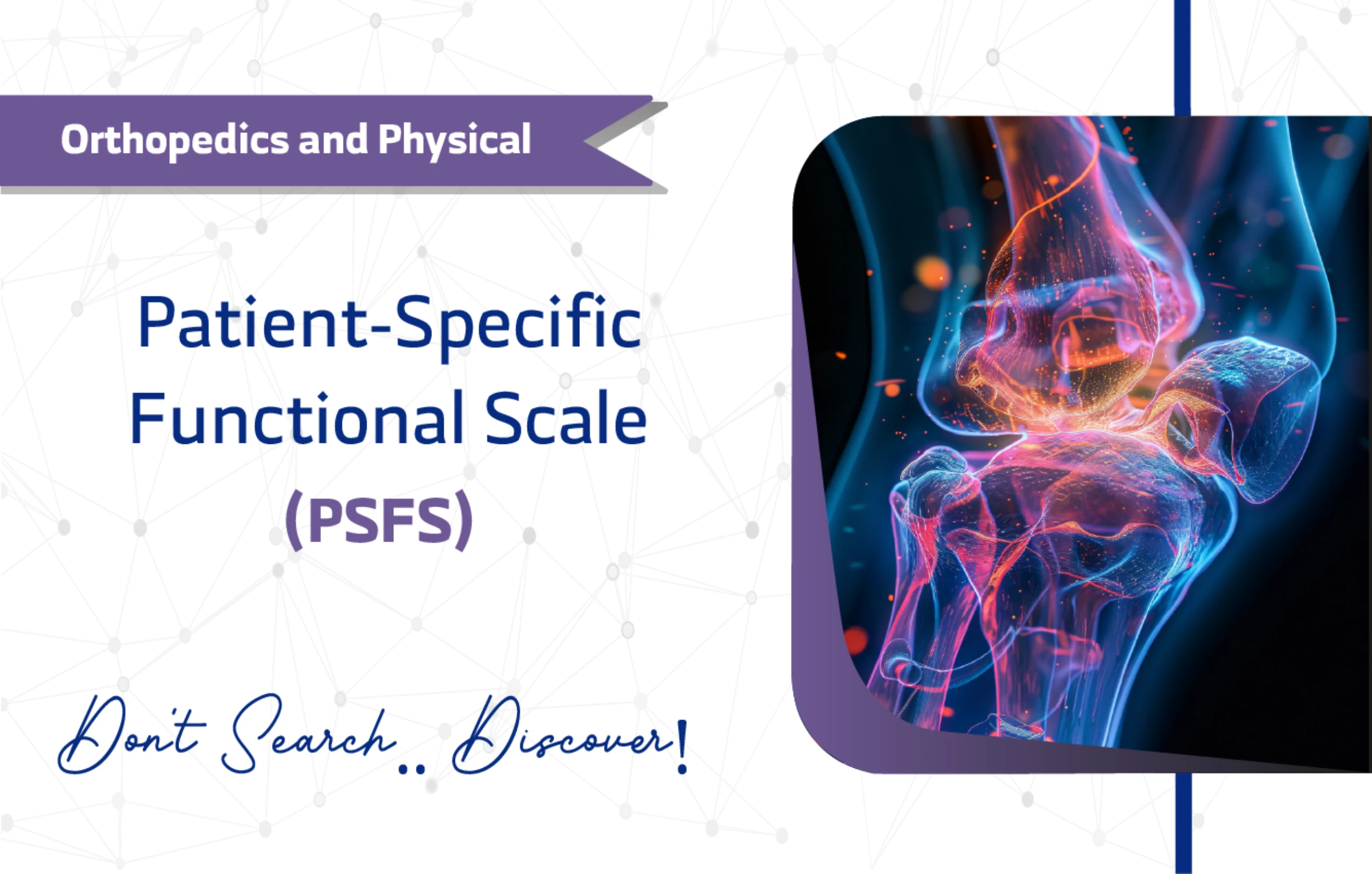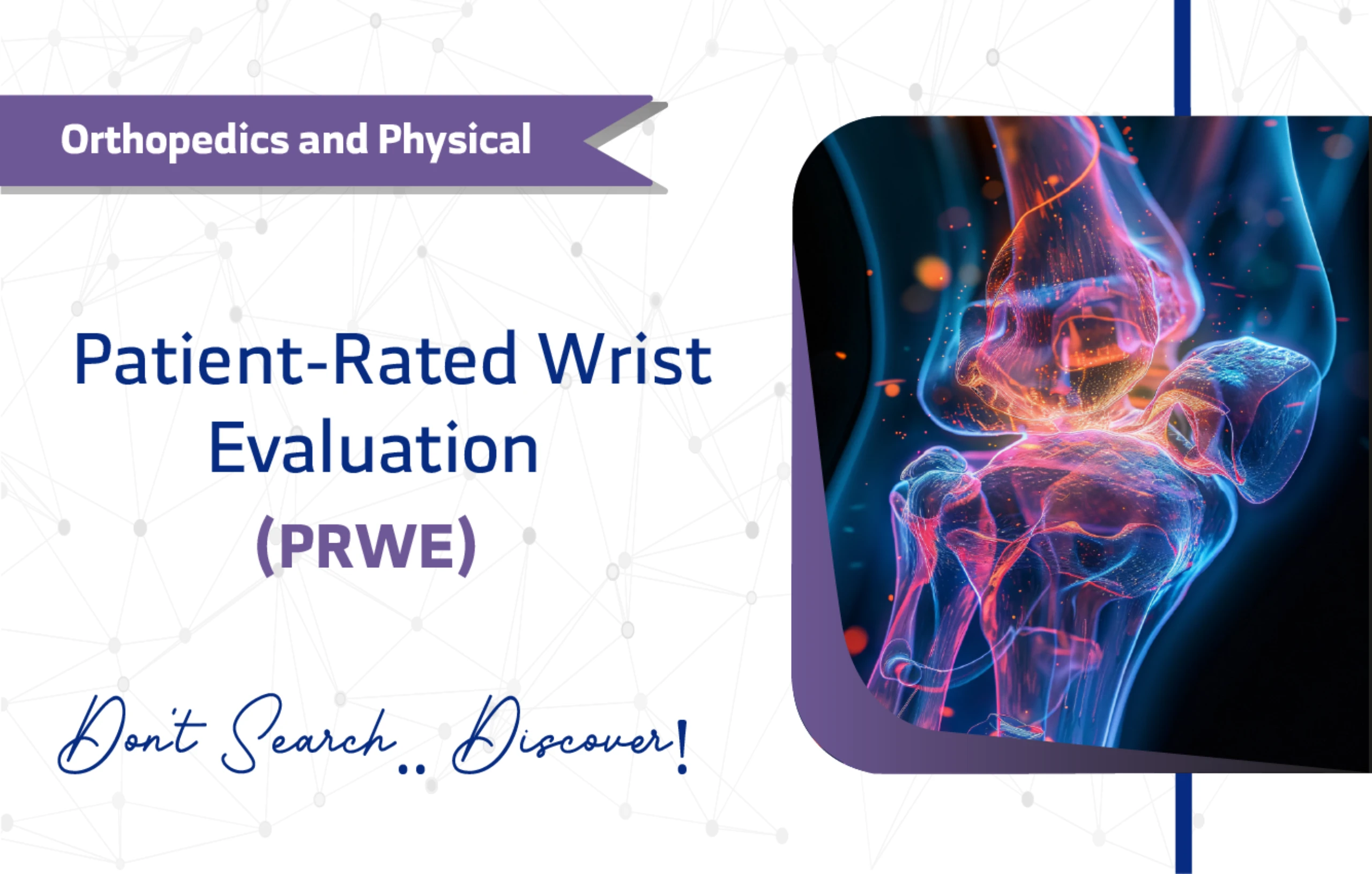Introduction
Dr. Keith Meadows developed the Diabetes Health Profile-18 (DHP-18) in 1996, with a refined 18-item version in 2000 (Meadows et al., 2000). It helps patients report the psychological and behavioral effects of type 1 and type 2 diabetes. For example, clinicians use it to assess quality of life beyond glycemic control. Moreover, over 100 Google Scholar citations highlight its research impact.
This guide explores the DHP-18’s features, applications for diabetes care. It equips researchers and clinicians with insights to improve patient outcomes. Specifically, we cover its structure, validation, and uses in endocrinology .
Key Features of the Diabetes Health Profile-18 (DHP-18)
Purpose and Use
The primary purpose of the Diabetes Health Profile (DHP) is to offer a comprehensive, diabetes-specific assessment of the psychological and behavioural consequences of living with type 1 and type 2 diabetes. Thus, it serves as a critical tool for clinicians to understand patient experiences beyond glycemic control and for researchers to measure quality of life outcomes in their studies. Effective application of the DHP-18 can significantly improve the depth of understanding regarding patient well-being.
Target Population
Experts validated the DHP-18 for individuals aged 11 and older, including:
- Children (11 years and older)
- Adolescents (13-17 years)
- Young Adults (18-24 years)
- Middle-Aged Adults (25-44 years)
- Older Adults (45-64 years)
- Seniors (65+ years)
Structure
Keith Meadows and colleagues designed the DHP-18 with 18 items under the endocrinology domain, focusing on diabetes. The sub-domains include:
- Psychological Distress (6 items): This sub-domain assesses emotional responses to diabetes, such as feelings of depression, anxiety, or frustration related to the condition. For instance, questions might explore how often an individual feels overwhelmed by their diabetes.
- Barriers to Activity (7 items): This section evaluates the extent to which diabetes interferes with daily activities, social participation, and overall functioning. It seeks to understand if diabetes hinders engagement in work, hobbies, or social events.
- Disinhibited Eating (5 items): This sub-domain measures tendencies toward overeating, loss of control over eating behaviors, or eating in response to emotional cues, which can be particularly relevant for diabetes management.
Scoring Method
The DHP-18 uses a 4-point Likert scale (0 = never, 3 = always) for each item. Clinicians sum scores for each sub-domain: Psychological Distress (0–18), Barriers to Activity (0–21), and Disinhibited Eating (0–15). Next, they transform these into a 0–100 scale (raw score ÷ maximum score × 100). Higher scores indicate worse health impacts. For example, a high Psychological Distress score may prompt counseling. Although cut-off scores aren’t specified, scores guide clinical decisions when paired with other data.
Administration Format
The DHP-18 takes between 5-10 minutes to administer, making it highly efficient. Healthcare providers can conduct the DHP-18 using:
- Paper-based forms
- Digital (Online) platforms
- In-person interviews
Applications of Diabetes Health Profile-18 (DHP-18)
The DHP-18 serves multiple roles in clinical practice and research:
- Screening: Identifying patients who are experiencing significant psychological distress, functional limitations, or problematic eating behaviors related to their diabetes. This allows for early intervention and targeted support.
- Monitoring: Tracking changes in a patient’s health status and quality of life over time, particularly in response to interventions, changes in treatment regimens, or educational programs. This longitudinal assessment can, therefore, help gauge the effectiveness of care strategies.
- Research: Investigators use it in trials to evaluate diabetes treatments, enhancing patient-centered care.
For instance, a high Disinhibited Eating score might lead to dietary counseling. Thus, it complements clinical data effectively.
Languages and Availability
To facilitate its global use in multinational studies and diverse patient populations, the DHP-18 has been translated into numerous languages. Currently, it is available in:
- Arabic
- English
- Mandarin Chinese
- Spanish
- French
- German
- Portuguese
Moreover, it is available in over 15 additional languages, significantly enhancing its accessibility and applicability across different cultural contexts. This wide linguistic availability underscores its utility in international research.
University of Oxford Innovation manages the DHP-18 under a proprietary license. Users need permission, and fees may apply for commercial use . However, academic use may be more accessible. Therefore, researchers should contact Oxford for licensing details.
Reliability and Validity
The DHP-18 shows high reliability, with Cronbach’s alpha of 0.70–0.88 across sub-domains indicating good to excellent internal consistency. Studies validate it for type 1 and type 2 diabetes patients globally. Moreover, its strong psychometric properties ensure accurate measurement. For instance, it reliably tracks emotional changes in treatment studies . Thus, it’s a trusted tool for researchers and clinicians.
Limitations and Considerations
Despite its strengths, the DHP-18 has a few limitations:
- Self-report Nature: Responses are subjective and can be influenced by individual interpretation or recall bias, as is common with self-administered questionnaires.
- Cultural Bias: While translated into many languages, the applicability and interpretation of some concepts may vary across different non-Western cultures, potentially limiting its universal validity in all contexts.
- Narrow Focus: The DHP-18 concentrates on three specific domains (Psychological Distress, Barriers to Activity, Disinhibited Eating), which, while crucial, may not capture the entirety of diabetes impact, potentially overlooking other important areas like social support or medication adherence complexities.
Other Versions of the DHP-18
The DHP-18 family includes:
- DHP-1: A 32-item version for type 1 diabetes, offering detailed assessment.
- DHP-3D: A variant with limited details; contact Oxford for specifics.
- DHP-DES: Focuses on disinhibited eating behaviors .
These versions provide flexibility for specific research needs.
Additional Resources
- Original Validation study: study link
- Access to Questionnaire Versions/Information: DHP-18 English UK Sample
- Further Validation Studies:
- Validation study 1: study link
- Validation study 2: study link
- For inquiries regarding the DHP-18, contact Dr. Keith Meadows, the author, through University of Oxford Innovation
Frequently Asked Questions (FAQ)
- Who can use the DHP-18?
Researchers, clinicians, and healthcare providers can use the DHP-18 for patients aged 11 years and older who have type 1 or type 2 diabetes. - How long does it take to complete the DHP-18?
Patients typically take 5 to 10 minutes to complete the DHP-18, which makes it feasible for use in busy clinical and research settings. - How is the DHP-18 administered?
Healthcare teams can administer the questionnaire via paper-based forms, digital online platforms, or through in-person interviews, offering considerable flexibility in usage. - Is there any cost to using the DHP-18?
The DHP-18 requires permission for use and may involve payment or licensing, as it is managed by University of Oxford Innovation under a restricted access license. Prospective users should seek appropriate
permissions.
A word from ResRef about the Diabetes Health Profile-18 (DHP-18)
The Diabetes Health Profile-18 (DHP-18) is a concise, 18-item questionnaire
designed to assess the psychological and behavioral impact of living with diabetes. Its focus on distress, activity barriers, and eating behaviors makes it ideal for clinical and research settings, despite some limitations.
References
- Meadows, K. A., Steen, N., McColl, E., Eccles, M., Shiels, C., Hewison, J., &
Hutchinson, A. (2000). The Diabetes Health Profile (DHP): a new instrument to measure patient-reported health status in type 1 and insulin-treated type 2 diabetes. Quality in Health Care, 9(4), 208–218. link - Mulhern B, Meadows K. The construct validity and responsiveness of the EQ-5D, SF-6D and Diabetes Health Profile-18 in type 2 diabetes. Health Qual Life Outcomes. 2014 Mar 24;12:42. doi: 10.1186/1477-7525-12-42. PMID: 24661350; PMCID: PMC4304018. link
- Benazizi I, Bernal-Soriano MC, Pardo Y, Ribera A, Peralta-Chiriboga A, Ferrer M, Alonso-Jaquete A, Alonso J, Lumbreras B, Parker LA. Adaptation and psychometric validation of Diabetes Health Profile (DHP-18) in patients with type 2 diabetes in Quito, Ecuador: a cross-sectional study. Health Qual Life Outcomes. 2021 Jul 31;19(1):189. doi: 10.1186/s12955-021-01818-5. PMID: 34332613; PMCID: PMC8325239. link









1 thought on “The Diabetes Health Profile-18 (DHP-18): A Full Guide for Researchers and Clinicians.”
Hi to every body, it’s my first pay a quick visit of this website; this webpage carries amazing and genuinely fine stuff designed for visitors.